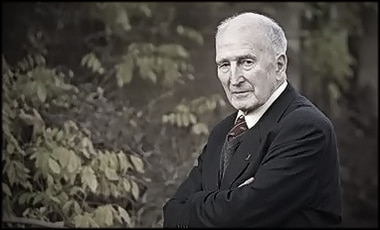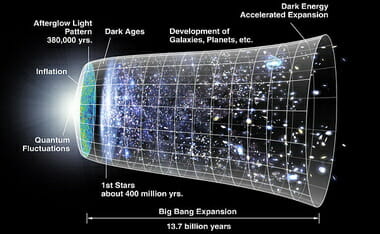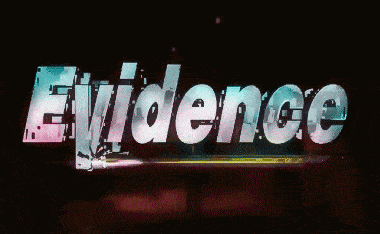(First Posted June 2011)
This is an old podcast of Dr. Norman Geisler discussing ex-atheist Antony Flew’s book that detailed his leaving atheism. Here is a “Flewism”
- “My whole life has been guided by the principle of Plato’s Socrates: Follow the evidence, wherever it leads.” After chewing on his scientific worldview for more than five decades, Flew concluded, “A super-intelligence is the only good explanation for the origin of life and the complexity of nature.” Previously, in his central work, The Presumption of Atheism (1976), Flew argued that the “onus of proof [of God] must lie upon the theist.” However, at the age of 81, Flew shocked the world when he renounced his atheism because “the argument for Intelligent Design is enormously stronger than it was when I first met it.” (See my DNA post: RNA/DNA = Information | Or, What “IS” Information)
Flew’s God was: immutable, immaterial, omnipotent, omniscient, whole [one, or indivisible, perfectly good and necessary exists.


